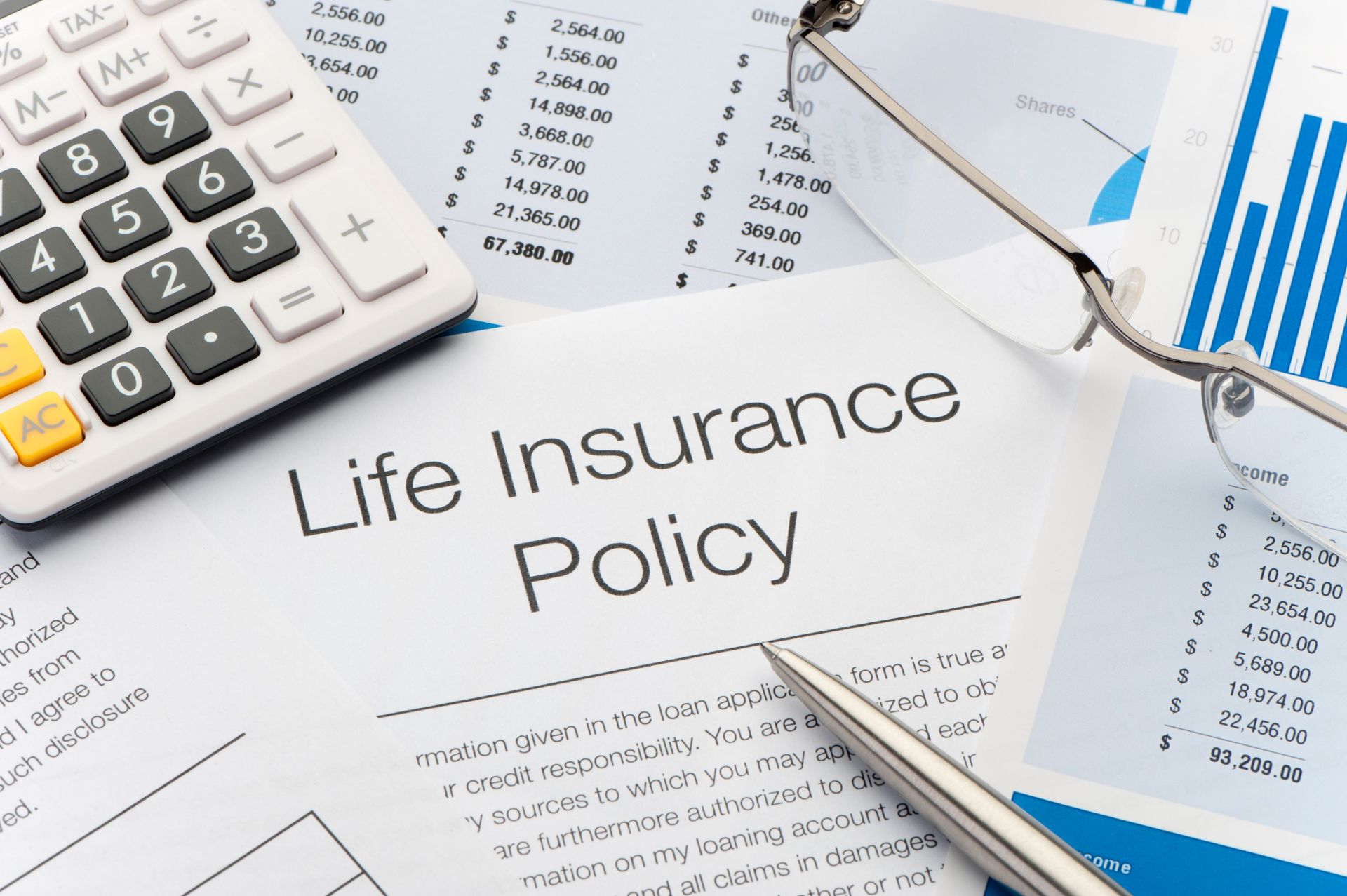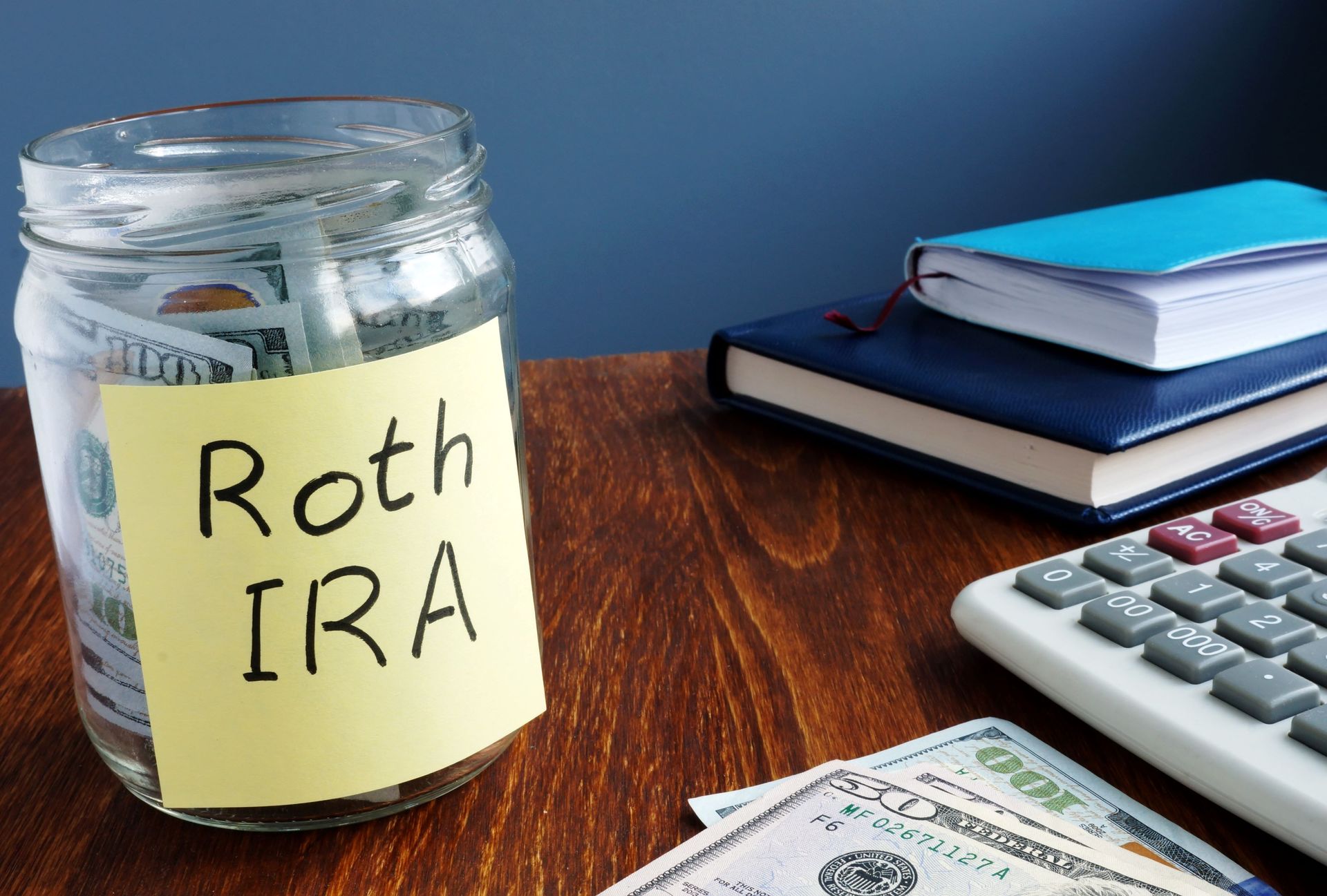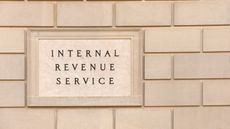6 of the Best Assets to Inherit
If you really want to help your heirs out, these are some of the best assets to leave them.
- (opens in new tab)
- (opens in new tab)
- (opens in new tab)
- Newsletter sign up Newsletter


If you’re planning to leave your heirs any sort of inheritance, you’re already giving them a valuable financial leg up. However, if you want to help them even more, there are some assets that make much better inheritances than others.
“Thinking ahead, it’s a way to do your family some good by streamlining your accounts and simplifying what you own at death,” says Michael Romero, relationship manager at Argent Financial Group (opens in new tab), a full-service wealth and trust management firm. “Otherwise, someone else is going to have to take care of the more complicated property when you die, and during a very emotional period too.”
Over the next 30 years, there will be a massive transfer of wealth from one generation to the next, a transfer that has already begun. The median inheritance in 2019 was $92,700 for those whose parents had a college degree and $76,200 for those whose parents didn’t have a college degree, according to the Federal Reserve.
Some assets you could leave your heirs are more effective for tax and financial purposes. But most importantly, with careful planning, you can prevent the emotional and even family-destroying fights that happen with some of the worst assets to inherit.
“Failing to look ahead can be especially harmful when it comes to estate planning, the reason being that the problems often arise only after you are no longer around to fix them or to express your own wishes,” says Neil V. Carbone, trusts and estates partner at Farrell Fritz (opens in new tab) in New York.
If you’re able and willing to do this type of advance planning for your heirs, here are the six best assets to leave behind as an inheritance.

Cash
“Cash is king when it comes to leaving an inheritance,” says Carbone. “It’s the simplest asset to deal with in terms of a transfer.” Your heirs also know exactly what it’s worth, can easily divide it according to the terms in your will, and they don’t have to do any hard work to access it, versus something like real estate which can take months to sell.
Romero advises that if you have cash spread throughout multiple different banks, you could make life even easier for your heirs by consolidating, especially in your later retirement years. “Every bank could have different rules for distributing an account, so reducing the number could speed up the transfer.” He warns though to stay within the FDIC limits (opens in new tab), where your account balance is only insured up to $250,000 per bank per ownership category, such as single, joint and retirement.
Carbone also says to let your children know that they could be receiving a sizable amount of cash, and they should consider speaking with an advisor about what to do with it. “Chances are, they will have different long-term financial needs and goals than what their 80-year-old parent was doing by holding onto cash.”

Cash Substitutes
Besides cash, Romero describes a few types of accounts that are almost as effective as an inheritance. First, life insurance on yourself. When you pass away, the life insurance company will pay your heirs the death benefit in cash, according to the beneficiary instructions you list in the contract. This bypasses probate so your heirs don’t have to wait on the courts to verify your will before receiving the money.
It’s a simple process as your heirs typically just need to present your death certificate to the insurer and fill out a short form. Your heirs also receive the payment income-tax free, though the death benefit is added to the value of your estate and could be charged estate taxes.
Bank products like money market accounts and CDs are also liquid inheritances which your heirs can easily divide and cash out right away (though they may forfeit some interest for cashing in a CD ahead of-schedule.) You can set up a “payable upon death,” or POD, instructions for bank accounts, which also bypass probate. “This is safer than making your heir a joint owner on the account, because otherwise they’d be able to drain the funds while you’re still alive,” says Romero.
If you use either of these assets, Romero cautions that you should carefully plan and review the instructions. “Life insurance beneficiary and POD instructions pass by contract, not by will,” he says. In other words, even if you list something different in your will, the bank or insurance company will still pay out according to what you listed in your beneficiary and POD terms.
One situation where people get in trouble is after a divorce. “It’s not uncommon to have an ex-spouse still listed, and then they inherit the money,” says Romero. You should also watch out for changes in your family, like an heir passes away or a new grandchild is born who you’d like to add. Romero recommends reviewing these instructions every year or two, to make sure they’re correct.

Brokerage Accounts
Investments made through a taxable brokerage account, like stocks, bonds and mutual funds, also make for attractive inheritances. They are easy to divide and value because your heirs can see the market price of these publicly traded investments. In addition, publicly traded investments are easy to sell and convert to cash.
On top of it all, your heirs could receive a significant tax benefit on these inheritances. “Perhaps Dad has been investing all his life and has held shares of Apple, IBM, Microsoft for years. If he sold during his lifetime, he’d owe considerable capital gains taxes,” says Romero. For example, someone who bought IBM in 1990 would have a cost basis of roughly $28 per share. If they sold at today’s price of about $128, that would be a taxable gain of $100 per share.
However, if you hold these investments until you die, you receive something called a step-up-in-basis, which means the investment basis goes up to the market value on the day you die. “If your heirs sell soon after you pass away, they could sell these appreciated assets owing little to no taxes,” says Romero.
This step-up-in-basis treatment also applies to real estate, an appealing tax break if you’ve owned your home or other property for many years. However, real estate can be a more complicated and expensive asset for your heirs to deal with, and more likely to lead to arguments around how to handle it. One way around this problem is to direct the executor of your will to sell the property immediately after you pass away. Your heirs then receive the cash from the sale without owing capital gains taxes.

Assets that Quickly Decrease in Value
This isn't a strategy for everyone and should be considered in more limited circumstances.
If it looks like you might owe estate taxes at death, Carbone has a clever strategy that can help reduce the tax hit. "This strategy works if you know your heir plans on using the inheritance to buy an expensive new toy, like a Porsche or a boat. These assets lose value immediately after the purchase.” A new car loses about 10% in value within the first month it’s driven off the lot, according to Carfax (opens in new tab), while other valuable assets like boats and jewelry can depreciate even more quickly, even when they are still practically good as new.
Rather than leaving your heirs cash, you could buy these valuable assets yourself towards the end of your life and then leave them as an inheritance. Since these assets lose value immediately, it reduces your total net worth and your taxable estate. For example, if you buy a $500,000 boat and it loses 20% in value before you die, that means your heirs only owe estate taxes on $400,000, not $500,000. Spread over many heirs and many purchases, this can significantly reduce the estate tax hit.
While the federal estate tax threshold is currently very high, $12.06 million per person for 2022, Carbone notes that Congress could lower it in the future, and, even if lawmakers don't do so, the current law will sunset in 2026, reducing the exemption by more than half. Seventeen states also charge estate or inheritance taxes, so this strategy could also come in-handy if you live in one of those states.

Roth IRA
A Roth IRA is a retirement account which you fund with after-tax dollars. In exchange, your retirement withdrawals are income-tax-free, including your investment gains. This tax-free treatment continues when your heirs inherit the Roth IRA, making this another effective asset to leave behind.
On the other hand, if you leave behind a 401(k) or traditional IRA, your heirs would owe taxes for taking the money out. Anyone receiving an inherited retirement plan (except a spouse) must also withdraw everything within 10 years of your death whether they need the money or not, which can push them into higher tax bracket.
If you have both types of retirement plans, consider spending down your taxable accounts or using them for charitable donations while keeping your Roth IRA balance for a future inheritance. Another option if you have money in taxable retirement plans is to consider a conversion to a Roth IRA. You pay income tax upfront on the amount you convert, but after that, the IRA assets and future growth will not be subject to income tax when withdrawn.
Carbone warns when considering a Roth conversion, it is important to consider the overall income tax impact. “It may be that it’s less tax efficient overall for a parent in a higher tax bracket to pay the income taxes necessary to make a Roth conversion than it would be for a child in a lower tax bracket to pay the income taxes on withdrawals from a traditional IRA,” says Carbone. Especially since your heirs can spread the taxable withdrawals over 10 years whereas with a conversion you owe taxes on the entire balance at once.

Assets in a Trust Fund
This final suggestion is less about a type of asset you may leave and more about the way you leave that asset: in a trust fund versus leaving the property directly to your heirs. A trust fund can help protect the inheritance for your loved ones. “If you leave property to your heirs outright, it’s subject to the claims of their creditors and predators,” says Carbone, with predators being other people who might seek to have your family members part with their inheritance, such as a spouse who has plans on how to spend that money or who files for divorce soon after the inheritance is received and commingled with marital assets.
A trust fund can also protect your loved ones against themselves. If you worry they might spend the money too quickly, you could set up a trust which limits how much goes out over time, including passing wealth on between generations, like first payments go to your kids and then continue to your grandkids.
Last, you could use trust funds as part of an overall estate plan strategy to reduce how much you owe in taxes. For example, you transfer assets that you think will increase in value to a trust now so that growth isn’t part of your taxable estate later.

-
-
 IRS Service Improvements Could Bring Faster Tax Refunds
IRS Service Improvements Could Bring Faster Tax RefundsRecent IRS improvements mean taxpayers could see faster tax refunds next year and beyond.
By Katelyn Washington • Published
-
 For Best Tax Savings, Year-Round Tax Planning Is Essential
For Best Tax Savings, Year-Round Tax Planning Is EssentialFor optimal, ongoing tax reduction, consider employing these nine strategies throughout the entire year.
By Andy Leung, Private Wealth Adviser • Published
-
 As the Market Falls, New Retirees Need a Plan
As the Market Falls, New Retirees Need a Planretirement If you’re in the early stages of your retirement, you’re likely in a rough spot watching your portfolio shrink. We have some strategies to make the best of things.
By David Rodeck • Published
-
 Retirees: Your Next Companion May Be a Robot
Retirees: Your Next Companion May Be a Robothappy retirement Robots may help fill the gap left by a shortage of humans to help older adults live independently.
By Alina Tugend • Published
-
 Using Your 401(k) to Delay Getting Social Security and Increase Payments
Using Your 401(k) to Delay Getting Social Security and Increase Paymentsretirement Your 401(k) can be a bridge from retirement to higher monthly income.
By Elaine Silvestrini • Published
-
 How Do I Stop Robocalls From Scamming Me?
How Do I Stop Robocalls From Scamming Me?retirement The scammers have automated their efforts to separate you from your money. We have ways to make it stop.
By Elaine Silvestrini • Published
-
 A Kiplinger-ATHENE Poll: Retirees Are Worried About Money
A Kiplinger-ATHENE Poll: Retirees Are Worried About MoneyMaking Your Money Last Concerns about recession, inflation and health care costs weigh on retirees and near retirees.
By the editors of Kiplinger's Personal Finance • Published
-
 Grandparent Scams Get Victims in Their Hearts
Grandparent Scams Get Victims in Their HeartsScams If you get a call from someone who claims to be your grandchild in trouble and needing money right away, be wary. Don’t send any money or give any information until you verify the story.
By Elaine Silvestrini • Published
-
 Tech Support Fraud Targets Seniors
Tech Support Fraud Targets Seniorsretirement Get a message offering help with a computer problem you didn’t think you had? It’s probably a scammer looking for your money and personal information
By Elaine Silvestrini • Published
-
 What to Do With Money in a Former Employer’s 401(k)
What to Do With Money in a Former Employer’s 401(k)Basics Leave it behind, move it to your new job’s plan, or roll it over to an IRA. Each of the options has pros and cons.
By Emma Patch • Published










